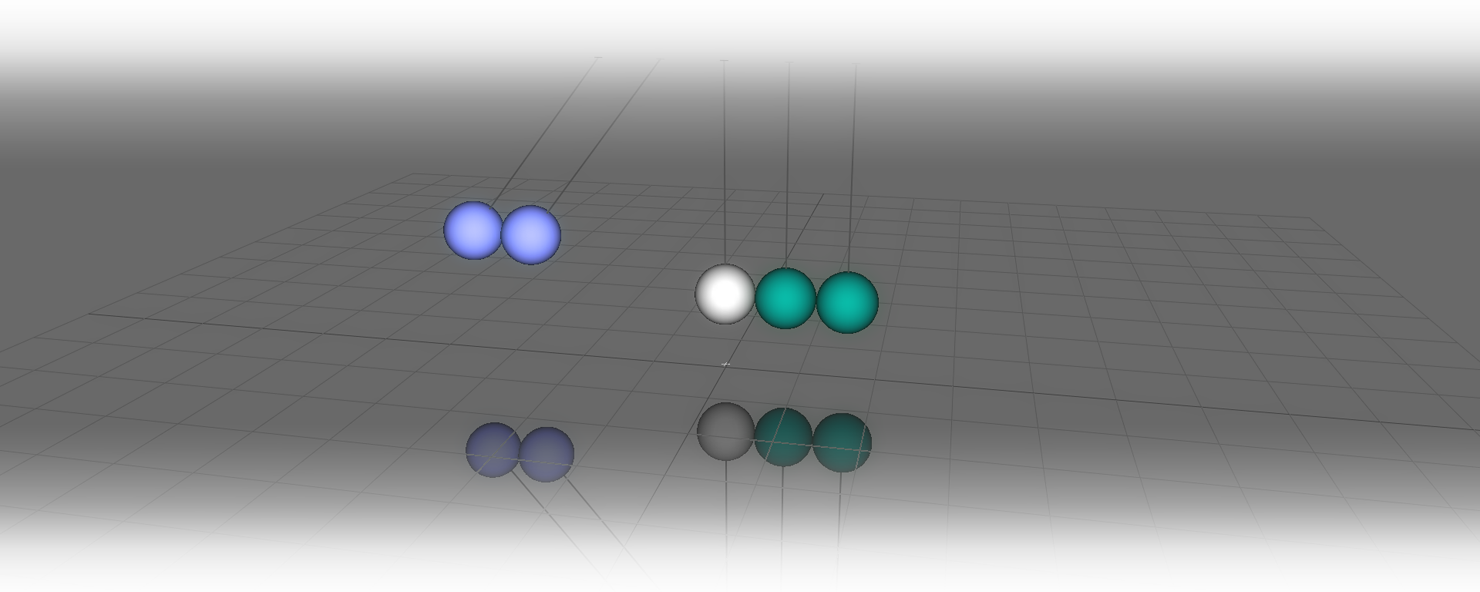
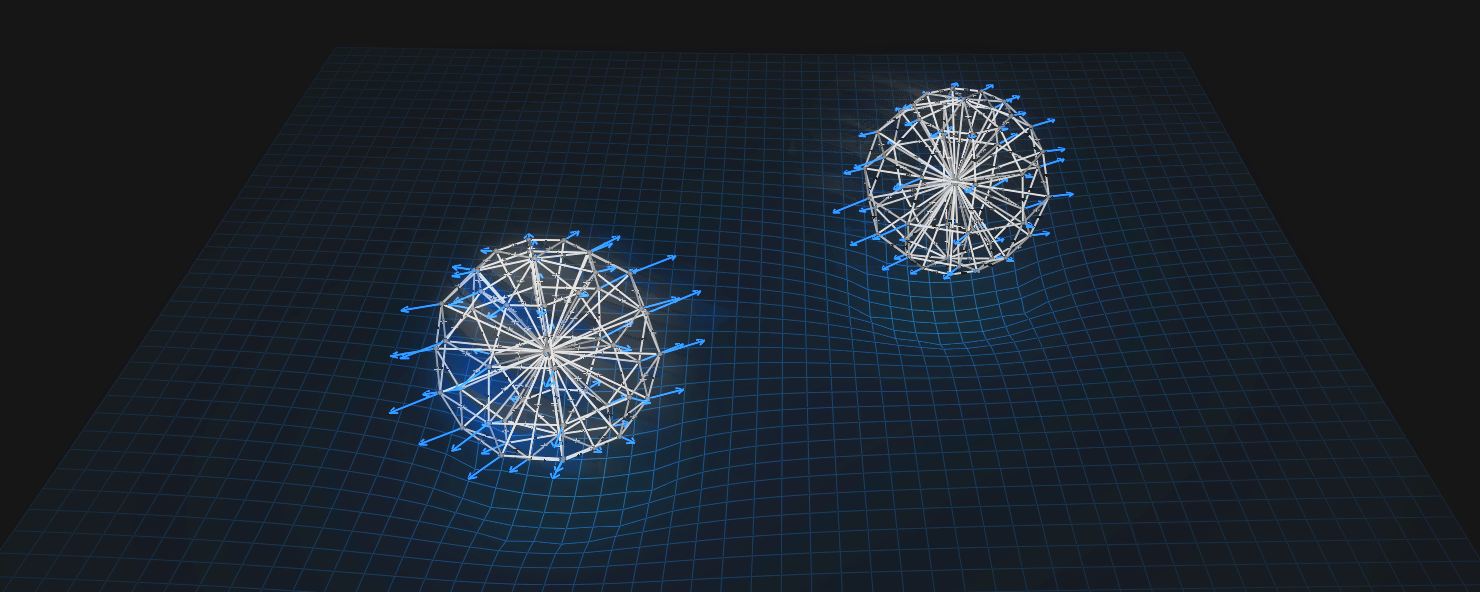
Educational software allowing to build a large number of mechanics problems, show forces, angular momentum, frictions, gravitation, .. It is possible to build complex geometric structures and to observe the tensions within the objects. Position/velocity/acceleration and energy graphs are displayed in real time and can be exported in an external software. On a larger scale it is possible to observe and interact with massive bodies such as planets, search for stable orbits, observe the gravitational field, tidal effects ... the solar system is available in the models with the main planets including Pluto and Charon. Original version (2006 !) updated and optimized for Windows 7, 10, 11.
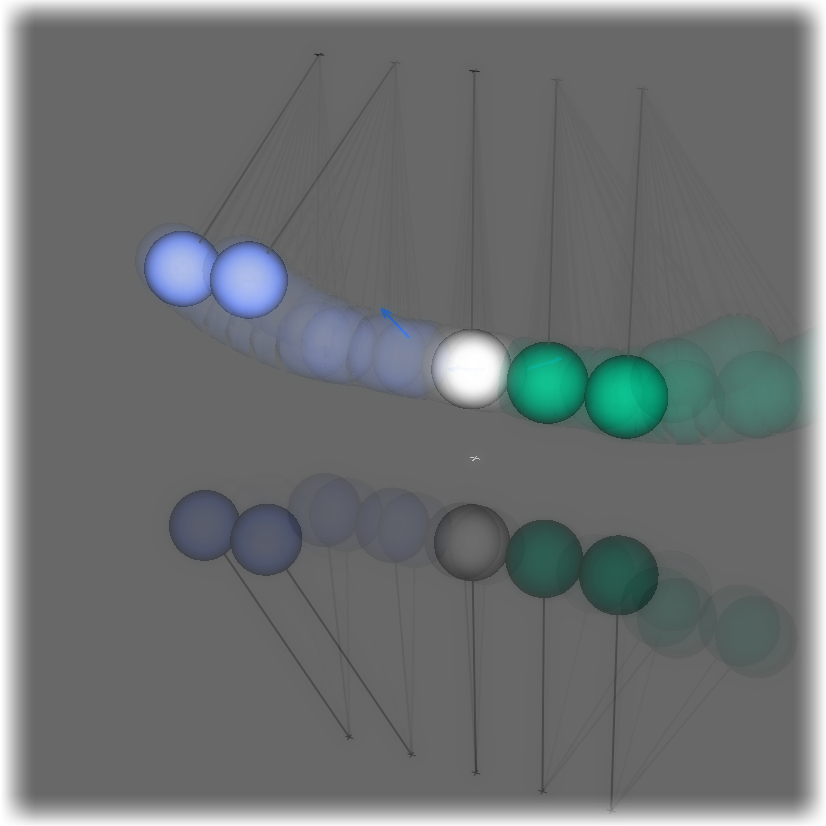
\( m_1 v_1 + m_2 v_2 = m_1 v_1' + m_2 v_2' \)
Captivating phenomena, demonstrates the conservation of momentum and energy. When n masses are pulled aside and released, the same number will be sent at the end. The seemingly magical transference of motion illustrates the near-perfect elasticity and conservation laws in action. It's a visual treat that encapsulates the essence of Newtonian physics.
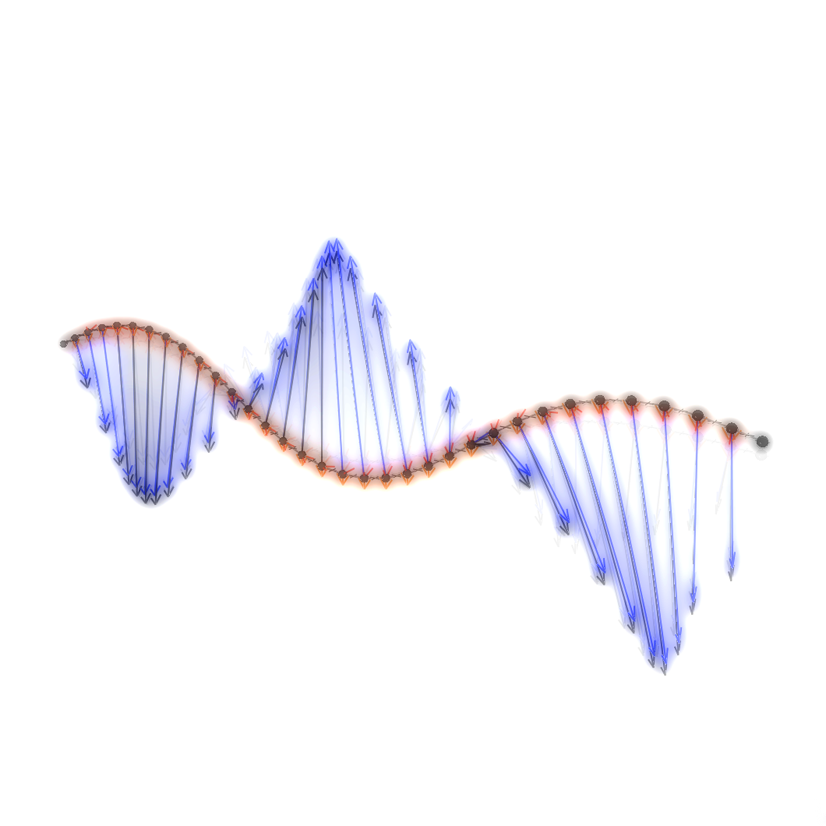
\( v = \sqrt{\frac{T}{\mu}} \)
This is a key in the study of wave mechanics. By sending a pulse down a rope or spring, one can observe the propagation of transverse waves. These waves reflect, interfere, and superpose, allowing the exploration of fundamental wave principles. It's a beautiful marriage of kinematics and wave theory, where energy travels, but matter remains in place.
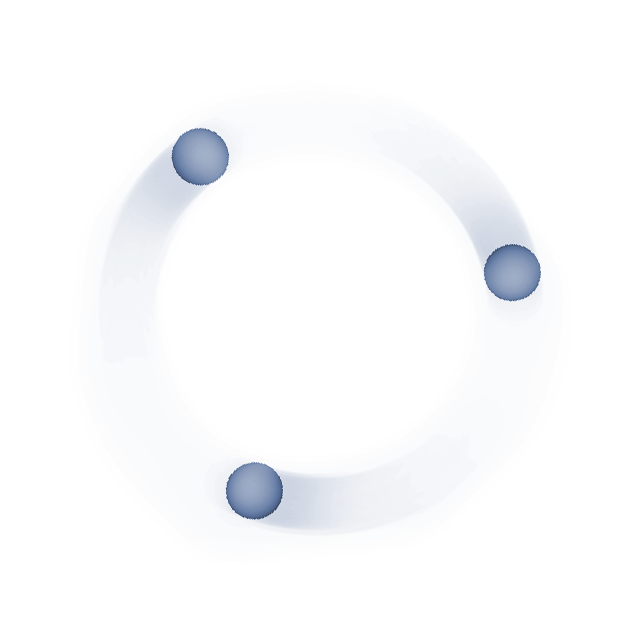
\( F = \frac{G M_1 M_2}{r^2} \)
The three-body problem is a classic challenge in celestial mechanics, involves predicting the motion of the bodies interacting through gravitational attraction. While two-body problems have analytical solutions, the three-body does not. This results in a plethora of fascinating behaviors with chaotic motion. But stable solutions can be found !
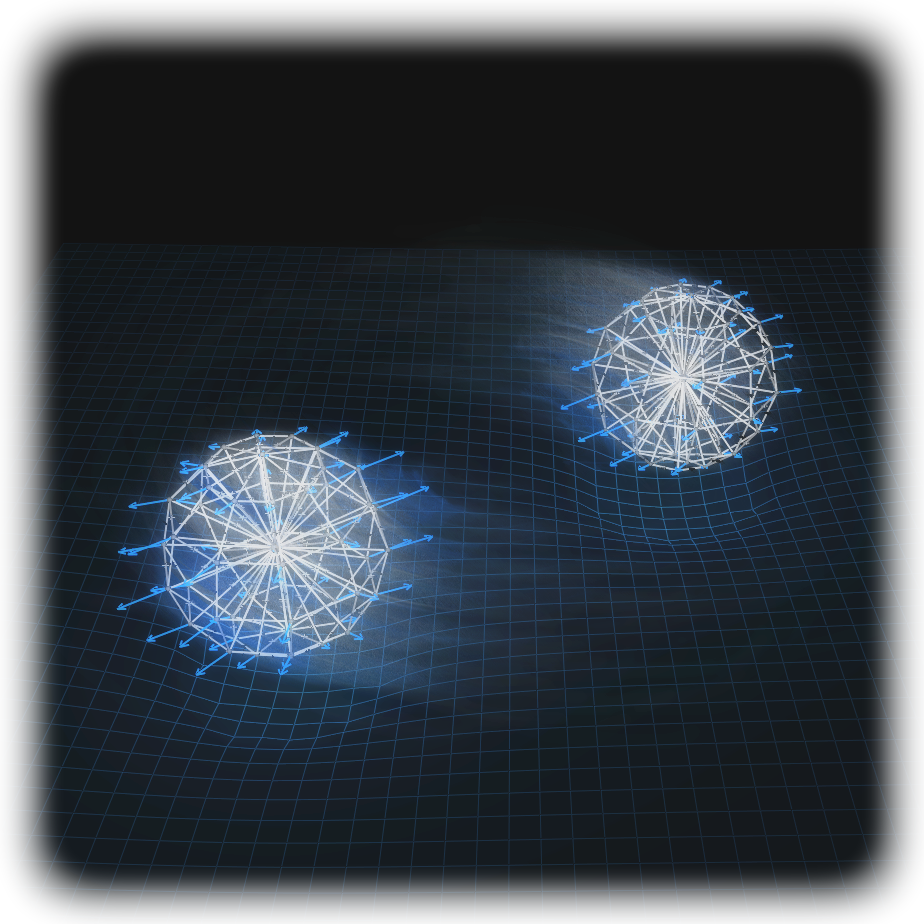
\( F_{\text{tidal}} = 2 G \frac{M m}{R^3} r \)
The stretching force, or tidal effect, is due to the differential gravitational pull experienced by a body. For instance, our oceans bulge outwards where they face the Moon and on the opposite side, resulting in two tidal peaks. The gravitational interactions between celestial bodies can even lead to tidal heating, for example on Enceladus moon !
Visualis Dynamics is now available on Steam !
![]() Visualis Physics Dynamics Store Page
Visualis Physics Dynamics Store Page
![]() New ! Wind and Waves simulations in Visualis !
New ! Wind and Waves simulations in Visualis !
![]() Original Website Tutorials (2006)
Original Website Tutorials (2006)
PDFs of sample scenes ! These are interactive PDFs when opened with Visualis ! See Videos !
![]() Scene 1 - Simple movement quantity principle.pdf
Scene 1 - Simple movement quantity principle.pdf
![]() Scene 4 - Compare velocities - potential energy.pdf
Scene 4 - Compare velocities - potential energy.pdf
![]() Scene 9 - Gravitation field inside masses.pdf
Scene 9 - Gravitation field inside masses.pdf
![]() Scene 9 - Additional notes (spherical integration).pdf
Scene 9 - Additional notes (spherical integration).pdf
| System : | Windows XP, Vista, 7, 10, 11 |
| Processor : | Intel Pentium III / AMD Athlon 500 MHz or greater |
| Memory : | 128 Mb RAM |
| Graphics : | OpenGL 1.4 compatible graphics card |
| Storage : | 64 Mb available space |
The Visualis softwares were developed between 2003 and 2006 by François Sahy and Marc Vuffray in Switzerland at EPFL (Ecole Polytechnique de Lausanne).
They were updated in 2022 and published on Steam Platform.
You can contact us using the following mail adresses :
| General informations : | info@visualis-physics.com |
| Technical support : | support@visualis-physics.com |